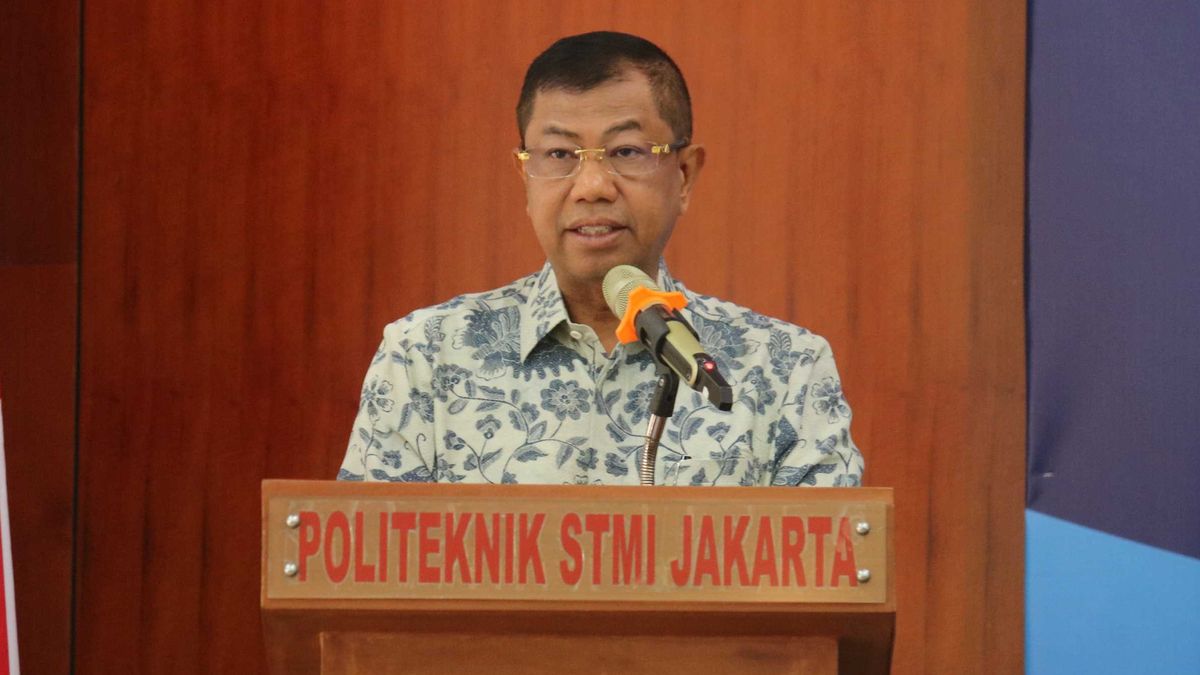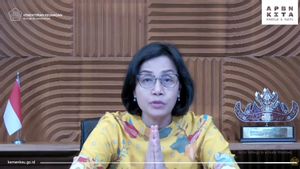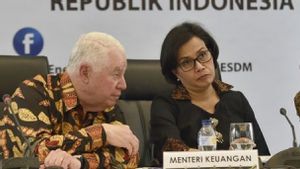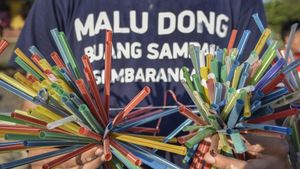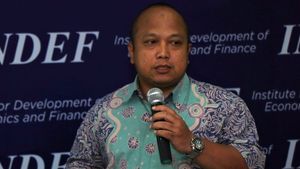JAKARTA - The Ministry of Industry (Kemenperin) seeks to produce industrial human resources (HR) that are proficient in digital through the Lean Monozukuri for Making Indonesia 4.0 (LeMMI 4.0) program.
The program is a form of collaboration between the Ministry of Industry's Agency for Industrial Human Resources Development (BPSDMI) and The Association for Overseas Technical Cooperation and Sustainable Partnerships (AOTS) which was developed with Lexer Research and Fuso Machine Works to organize and simulate production and manufacturing processes.
"The industry in the automotive sector is one of the priority sectors of the Making Indonesia 4.0 program. Therefore, automotive industry companies that are transforming technology into Industry 4.0 need Industrial Human Resources that are able to adapt to the latest technology to strengthen the national automotive industry," said the Head of the Industrial Human Resources Development Agency (BPSDMI) of the Ministry of Industry Masrokhan in Jakarta, on Friday, August 18.
The implementation of the program was continued by being introduced at the STMI Jakarta Polytechnic, one of the vocational education units under the guidance of the Ministry of Industry which has a study program related to the automotive industry.
Students are invited to learn the importance of the role of LeMMI 4.0 and get motivation to be more enthusiastic in preparing for the challenges of the automotive industry in the industrial era 4.0.
"This collaboration is a good example of the STMI Jakarta Polytechnic in an effort to bring the world of vocational education closer to real needs in the industry, especially in the automotive sector by involving all relevant parties, including the Japanese government," he said.
Some of the focuses of technology in the vision of LeMMI 4.0 are artificial intelligence, Internet of Things (IoT), augmented reality, virtual reality, advanced robotic, to 3D printing.
Meanwhile, Director of the Asia and Pacific Division of METI Fukuchi Mami appreciated the cooperation that had been established.
اقرأ أيضا:
"I hope that the public and private sectors of Japan and Indonesia will work together to bring growth to Japanese and Indonesian companies when they transition to advanced manufacturing that utilizes digital technology," he said.
The automotive industry has priority development according to the Making Indonesia 4.0 roadmap. Because, so far the automotive industry has been able to make a big contribution to the national economy.
In the second quarter of 2023, the automotive industry grew by 9.66 percent or higher than the performance of the non-oil and gas processing industry which grew to 4.56 percent (yoy).
The automotive industry has also absorbed 38 thousand direct workers, as well as more than 1.5 million people who work along the automotive supply chain from tier-1 to tier-3.
The English, Chinese, Japanese, Arabic, and French versions are automatically generated by the AI. So there may still be inaccuracies in translating, please always see Indonesian as our main language. (system supported by DigitalSiber.id)
